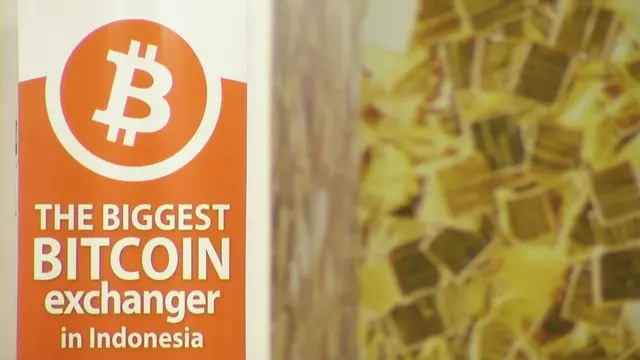Iraqi Prime Minister Haider al-Abadi has formally demanded the suspension of next week's referendum on Kurdish independence.
The Supreme Court also ordered that the poll must be postponed until questions over its legality have been addressed.
Despite global opposition, the Kurdistan Regional Government backed the 25 September vote on Friday.
Iran, Turkey, the US, the UK and the UN have been among those voicing strong objections internationally.
There are concerns the referendum will provoke further instability in the country and hamper the battle against the Islamic State group.
Neighbouring Iran and Turkey - which both have Kurdish populations - also fear a Yes vote will bolster separatist movements in their countries.
Iraqi Kurdish leader Massoud Barzani has insisted the plans will go ahead.
Supporters had cheered on the streets of Irbil, the capital of Iraq's Kurdistan region, when the decision was made on Friday.
"We've been waiting more than 100 years for this," Omed Khoshnaw, of the Kurdistan Democratic Party (KDR), told Reuters news agency.
However, even among Iraqi Kurds there are divisions. The Change Movement, the main opposition party, boycotted the parliament session, saying it believed in independence but rejected holding the referendum at this stage.
Britain's Defence Secretary Michael Fallon said he would be meeting with the Iraqi Kurdish leader Massoud Barzani on Monday to try to persuade him to suspend the vote.
"We are committed to the integrity of Iraq. We are working with the UN on alternatives to this referendum," he said at a press conference in Baghdad earlier in the day.
Israel is the only nation to have openly supported the independence bid.
The United States and other Western nations are backing a UN-supported "alternative" plan for immediate negotiations on future relations in exchange for dropping the referendum.
Kurds are the fourth-largest ethnic group in the Middle East but they have never obtained a permanent nation state. In Iraq, where they make up an estimated 15% to 20% of the population of 37 million, Kurds faced decades of brutal repression before acquiring autonomy following the 1991 Gulf War.
For the past three years, Kurds across the region have been engaged in the battle against IS.
Three months ago, top officials and political parties in the Kurdistan Regional Government agreed to hold an advisory referendum on independence.
Voting is meant to take place in the three provinces that officially make up the region - Dahuk, Irbil and Sulaimaniya - and "areas of Kurdistan outside the region's administration", including Kirkuk, Makhmour, Khanaqin and Sinjar.
(BBC)
 简体中文
简体中文




